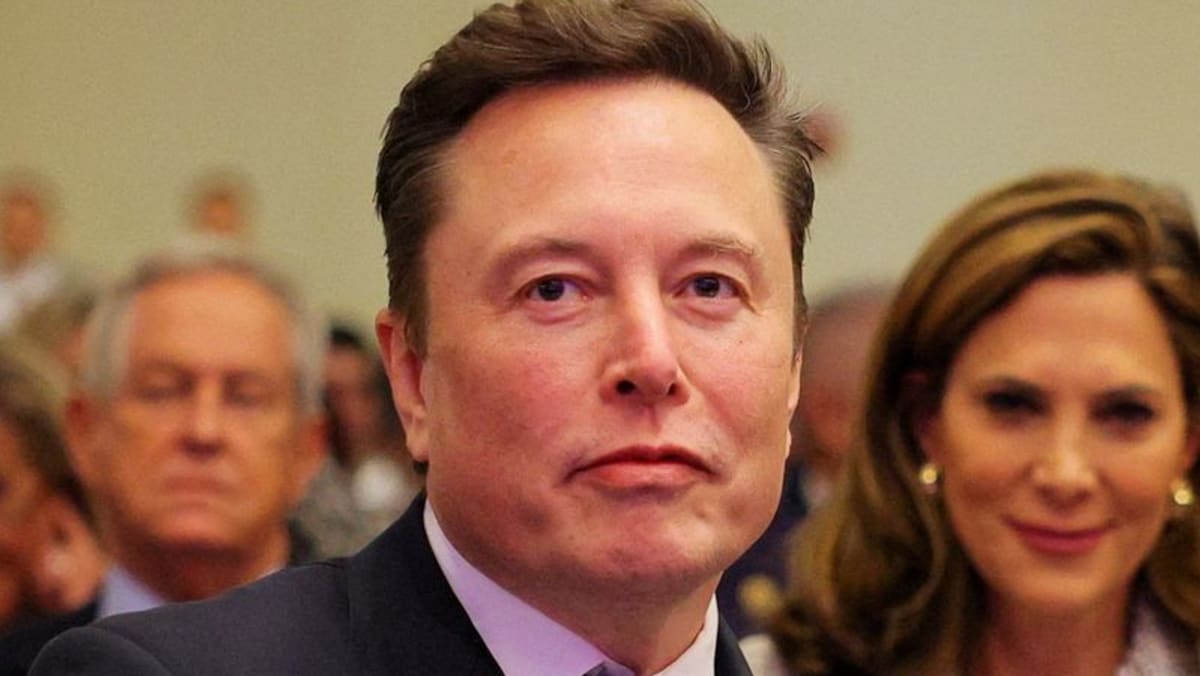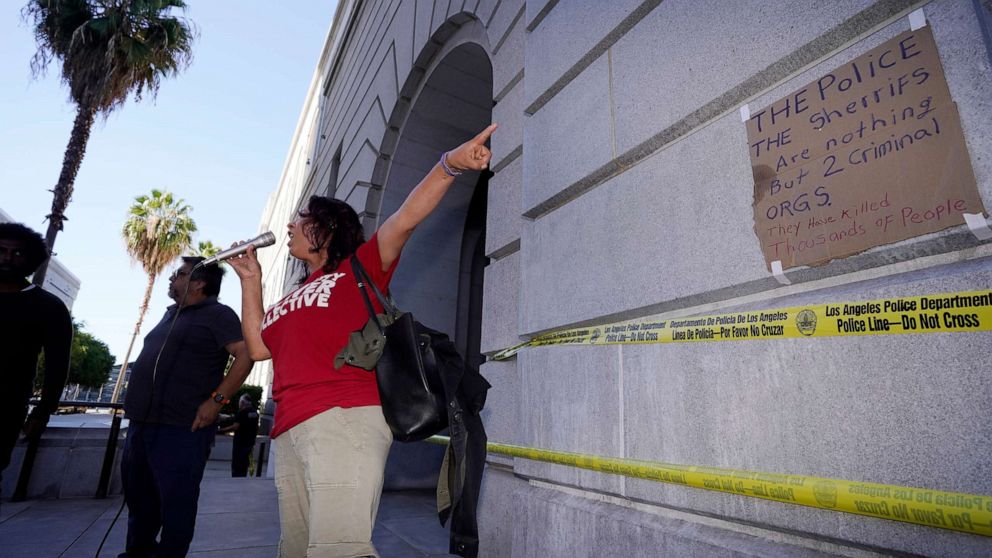LONDON — British Prime Minister Liz Truss announced her resignation Thursday after six turbulent weeks in office, making her the shortest-serving prime minister in British history.
CNBC reported that Truss was in office for just 44 days, making her the shortest-serving prime minister in British history.
For the 10 days of her premiership government business was paused following the death of Queen Elizabeth.
BBC reported that speaking outside the door of her Number 10 Downing Street office and residence, Truss accepted that she could not deliver the promises she made when she was running for Conservative leader, having lost the faith of her party.
In Sept. 23, Truss’ finance minister, Kwasi Kwarteng, announced a so-called “mini-budget” which began a turbulent period for U.K. bond markets which balked at the debt-funded tax cuts he put forward.
Most of the policies were reversed three weeks later by the second finance minister, Jeremy Hunt.
Reuters said a leadership election will be completed within the next week to replace Truss, who is the shortest serving prime minister in Britain’s history. George Canning previously held the record, serving 119 days in 1827, when he died.
Speaking outside the door of her Number 10 Downing Street office and residence, Truss accepted that she could not deliver the promises she made when she was running for Conservative leader, having lost the faith of her party.
Truss said a new prime minister will be selected by her Conservative Party lawmakers in the coming week. But the process by which the decision will be made remains unclear.
The party is bitterly divided by warring centrist and right-wing factions, and there is no clear consensus candidate to take over.
Rumors were swirling on Thursday that Johnson, 58, who delivered the Conservative Party a whopping majority in 2019 – only to be brought down by a series of scandals – is mulling over a return to Downing Street.
The Times of London reported that Johnson was considering it. Steven Swinford, the paper’s political editor, said that Johnson was “taking soundings but is said to believe it is a matter of national interest.”
Conservative lawmakers have increasingly called on Truss to step down after she was forced to junk most of her economic programme which when delivered on Sept. 23 sent the pound and government bond markets tumbling.
Labour leader Sir Keir Starmer and other opposition parties called for an immediate general election following Ms Truss’s resignation speech.





















Discussion about this post